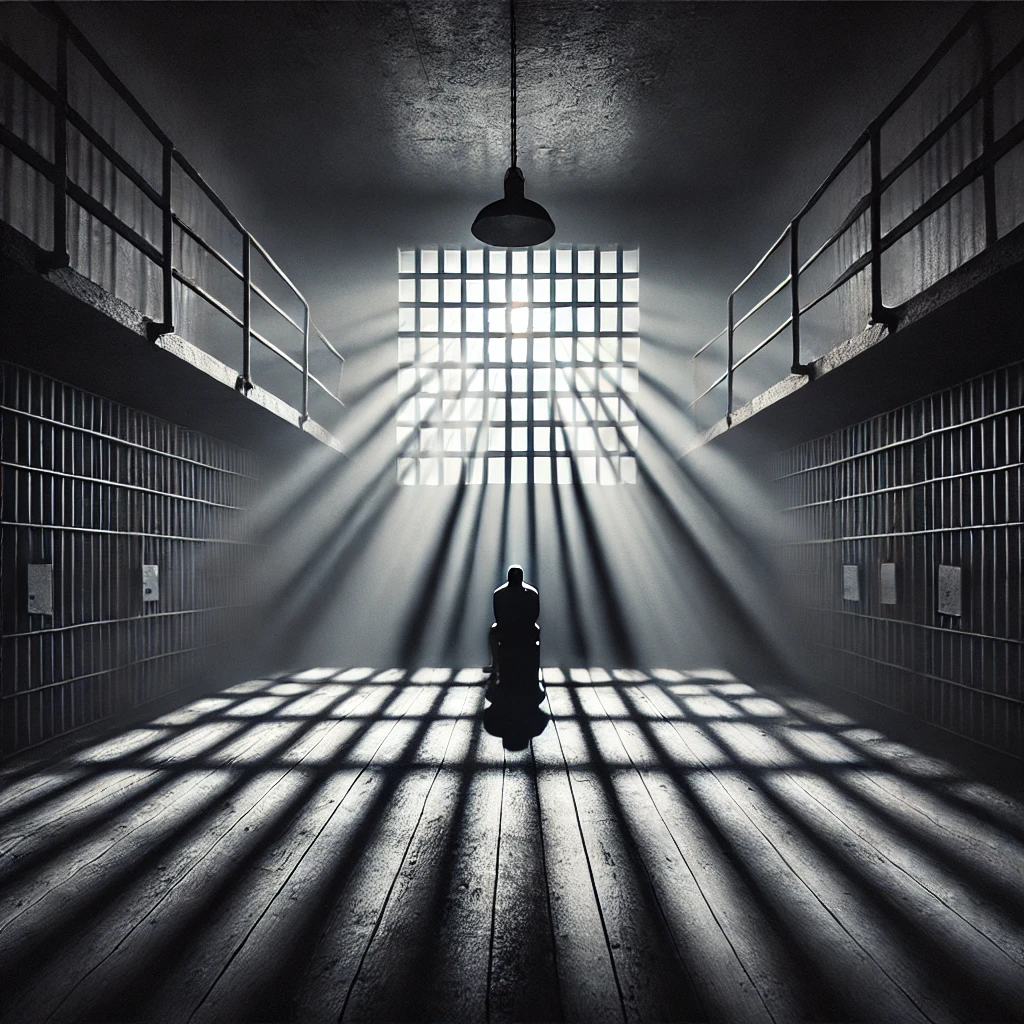
Timeline with the historical epochs
Reformation
1517: Martin Luther publishes his 95 Theses → Start of the German Reformation
1555: Peace of Augsburg → Recognition of the Lutheran denomination
1618-1648: Thirty Years’ War → ends with the Peace of Westphalia
Persecution of witches
1487: ‘Hexenhammer’ (Malleus Maleficarum) is published
16th & 17th centuries: peak of witch hunts in Europe, especially in the Holy Roman Empire
From 1700: Decline in witch trials due to the Enlightenment and scepticism towards the belief in witches
German Confederation and Restoration
1815: Congress of Vienna → Restoration of monarchical order after Napoleon
1819: Carlsbad Resolutions → Monitoring of liberal and national movements
1830: July Revolution in France → End of the Restoration in many parts of Europe
1848/49: German Revolution
Imperial Empire
1871: Foundation of the German Empire under Kaiser Wilhelm I.
1888: ‘Year of the Three Emperors’ → Wilhelm II becomes Emperor
1914-1918: First World War
1918: November Revolution → Abdication of the Kaiser, end of the monarchy
Nazi Germany
1933: Hitler becomes Reich Chancellor, establishment of the Nazi dictatorship
1939-1945: Second World War
1945: Germany’s defeat, end of the Nazi regime
GERMAN DEMOCRATIC REPUBLIC
1949: Foundation of the German Democratic Republic (GDR)
1961: Construction of the Berlin Wall
1989: Peaceful revolution, fall of the Wall
1990: Reunification with the FRG
Bonn Republic
1949: Foundation of the Federal Republic of Germany (FRG) with capital Bonn
1955: Accession to NATO
1969-1982: Social-liberal coalition under Brandt & Schmidt
1990: Reunification with the GDR
Berlin Republic
1990: Unification of the FRG and GDR → Capital moves to Berlin
1999: Government moves from Bonn to Berlin
2005: Angela Merkel becomes the first female Federal Chancellor
2021: Olaf Scholz as Federal Chancellor with the ‘traffic light’ coalition
Since 2025: Coalition negotiations between CDU under Friedrich Merz and SPD (Saskia Esken and Lars Klinbeil)
02 May 2025: US Secretary of State Rubio accuses Germany of tyranny